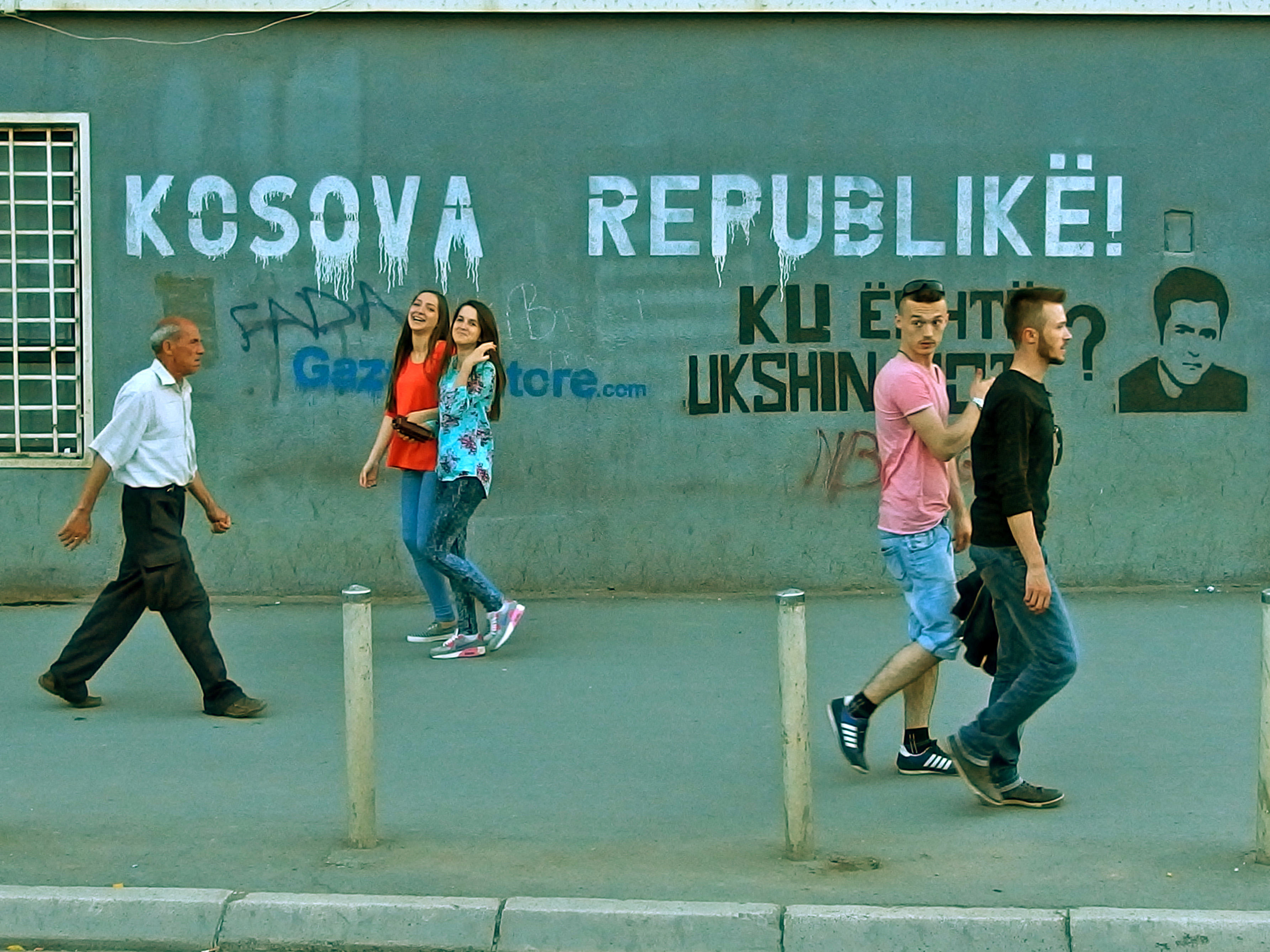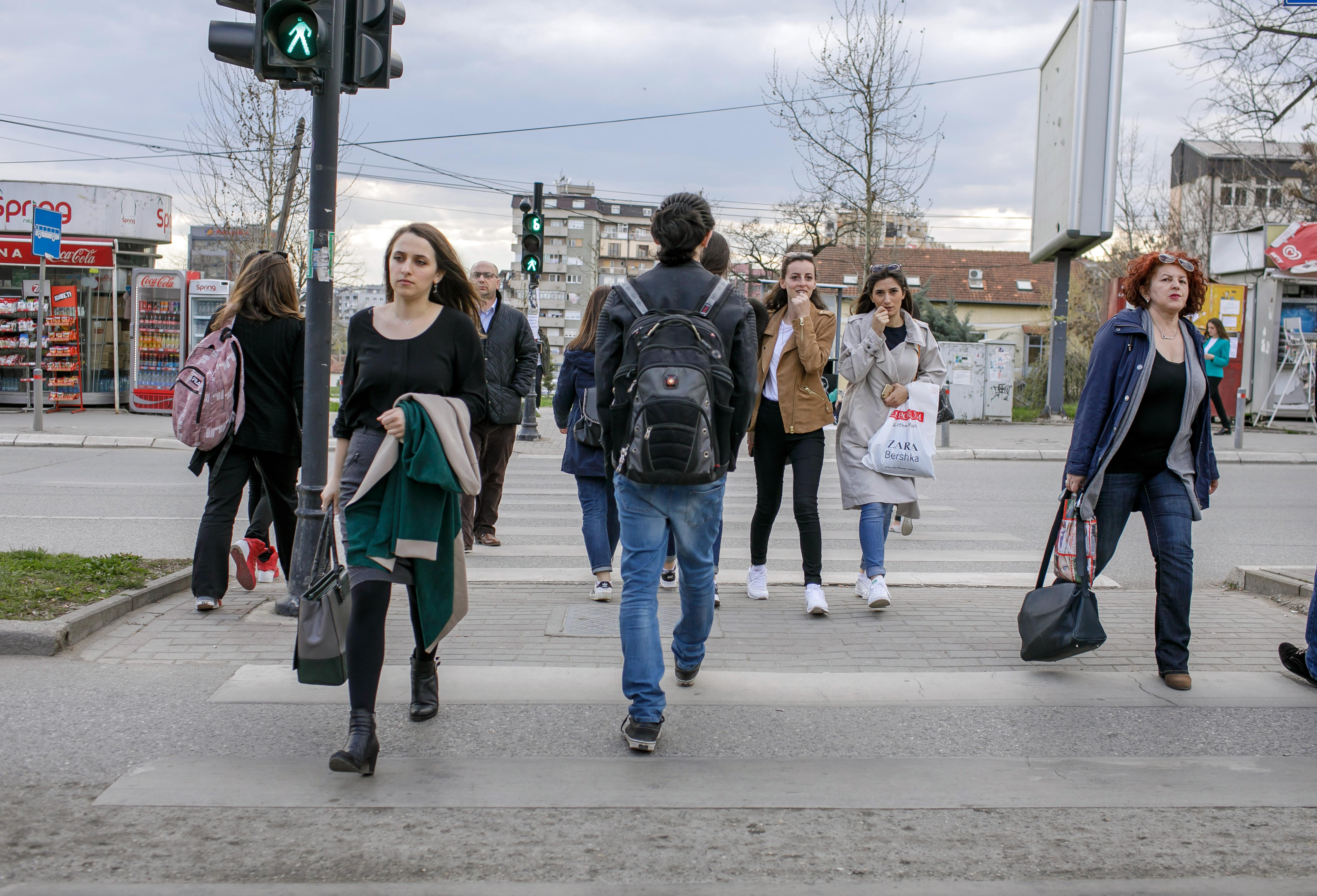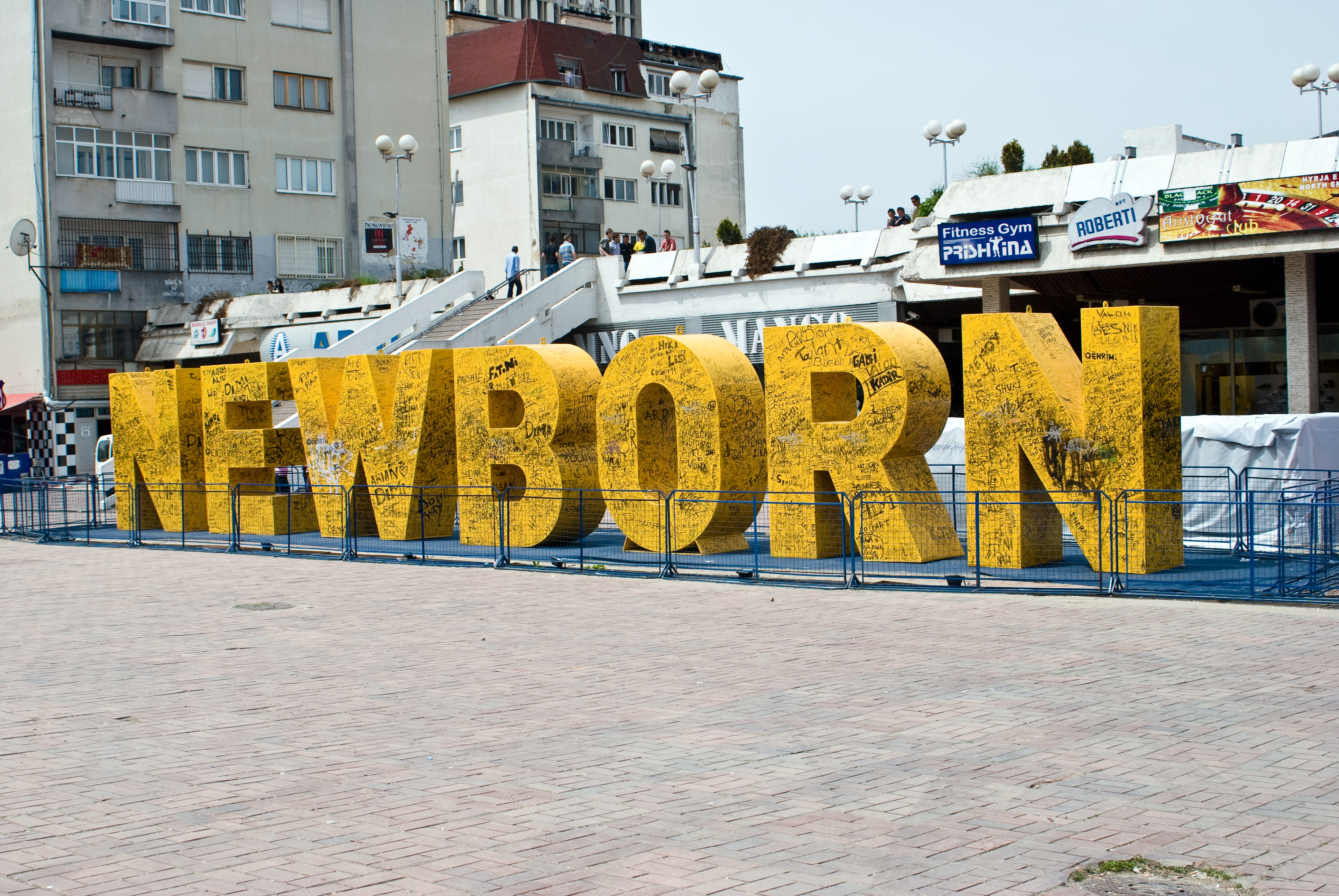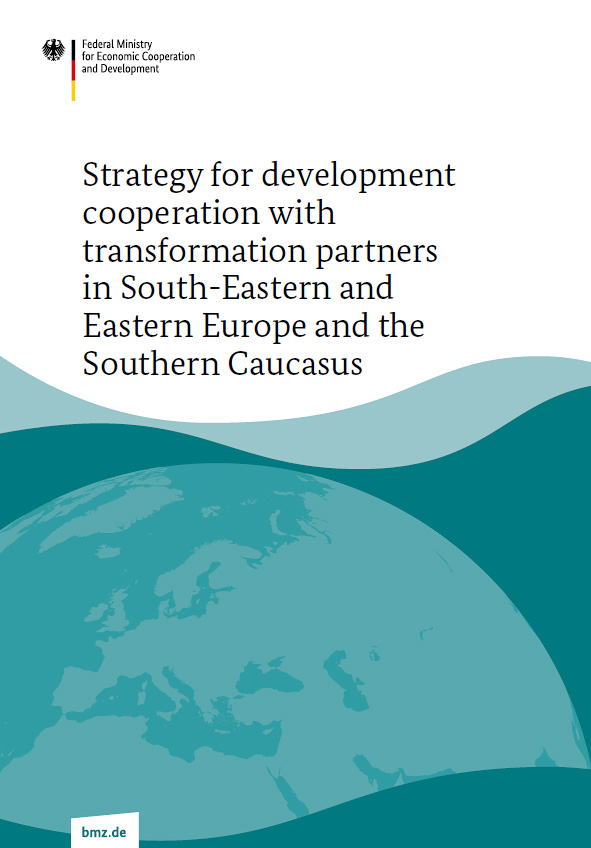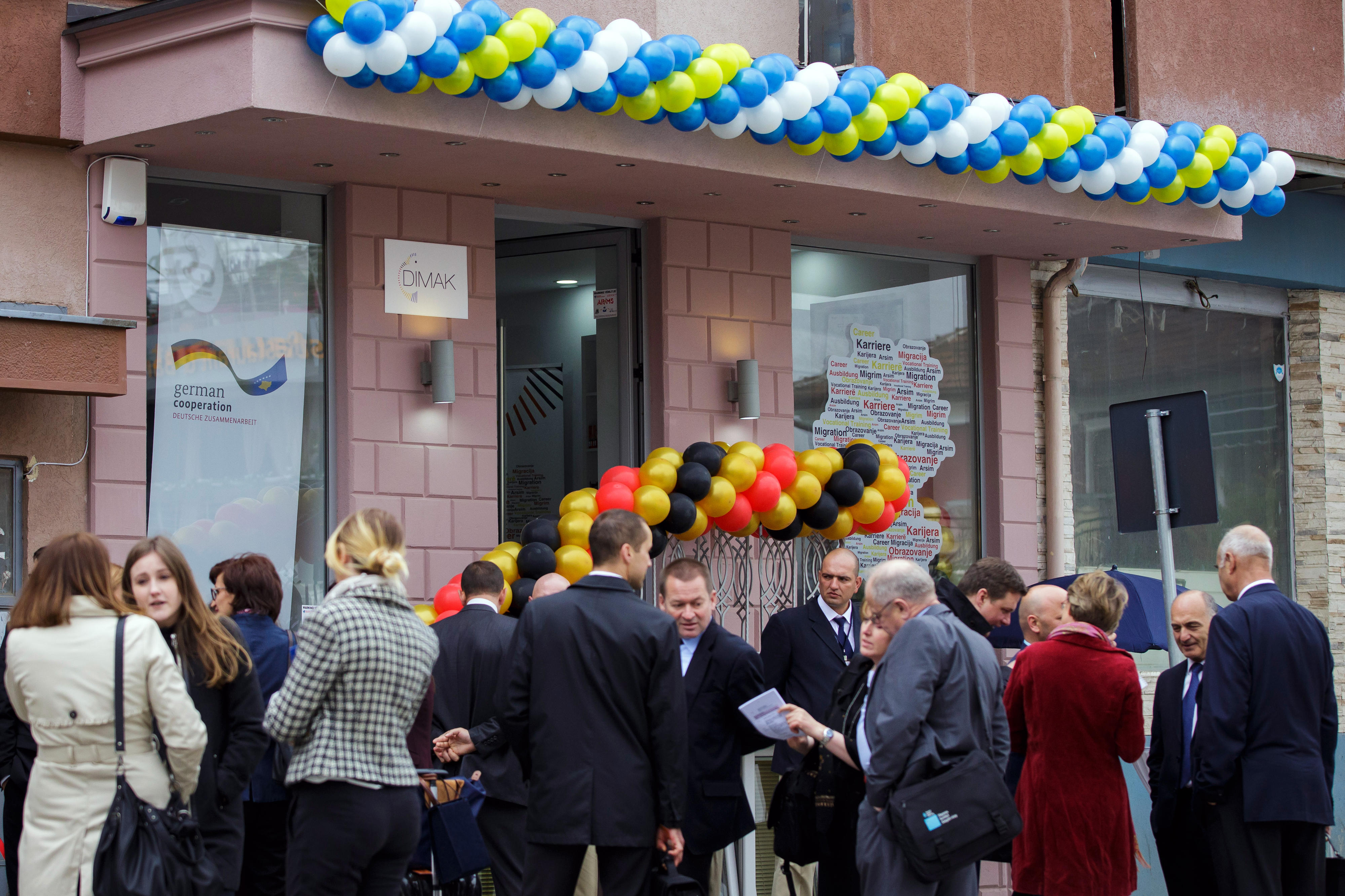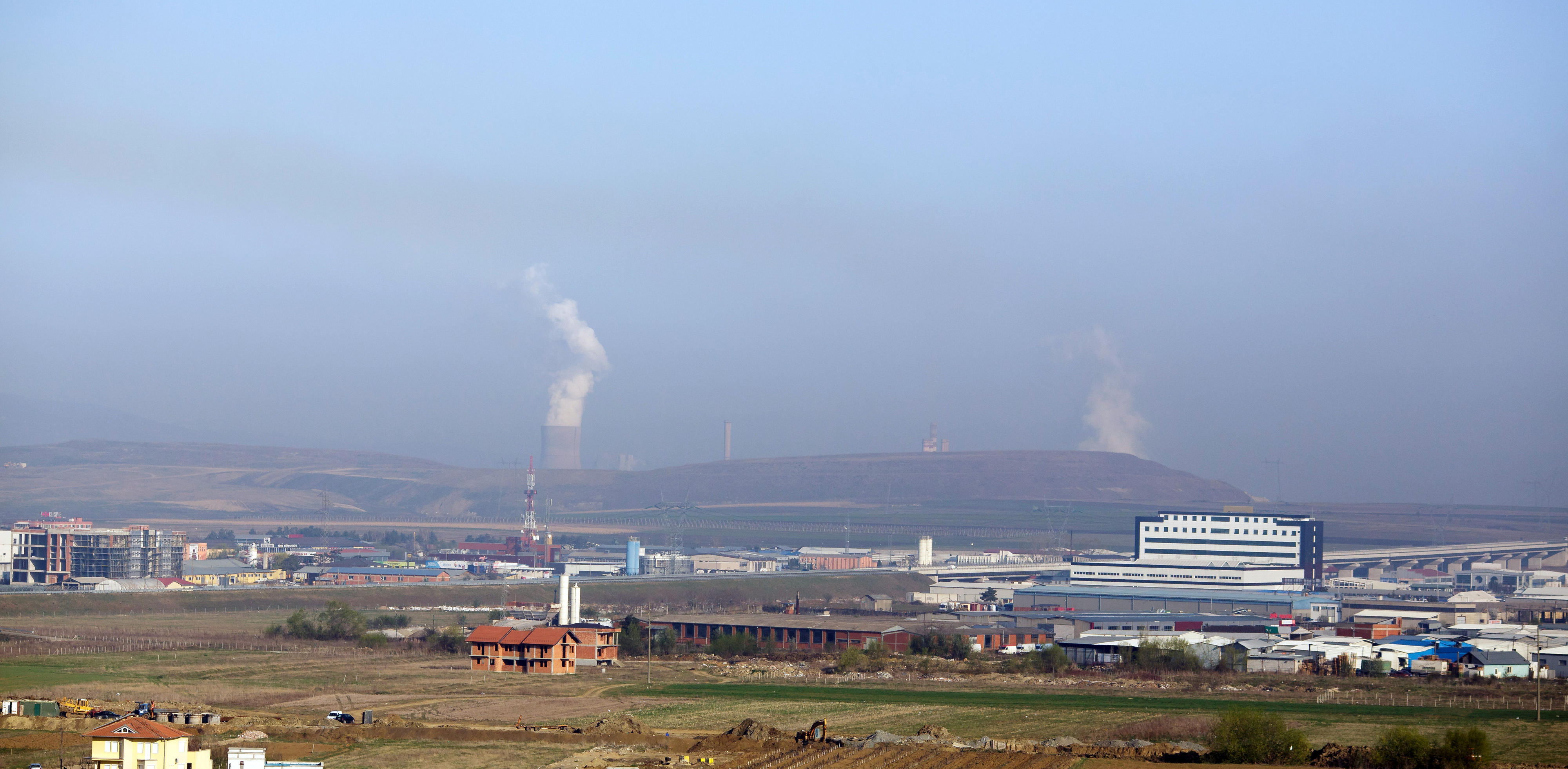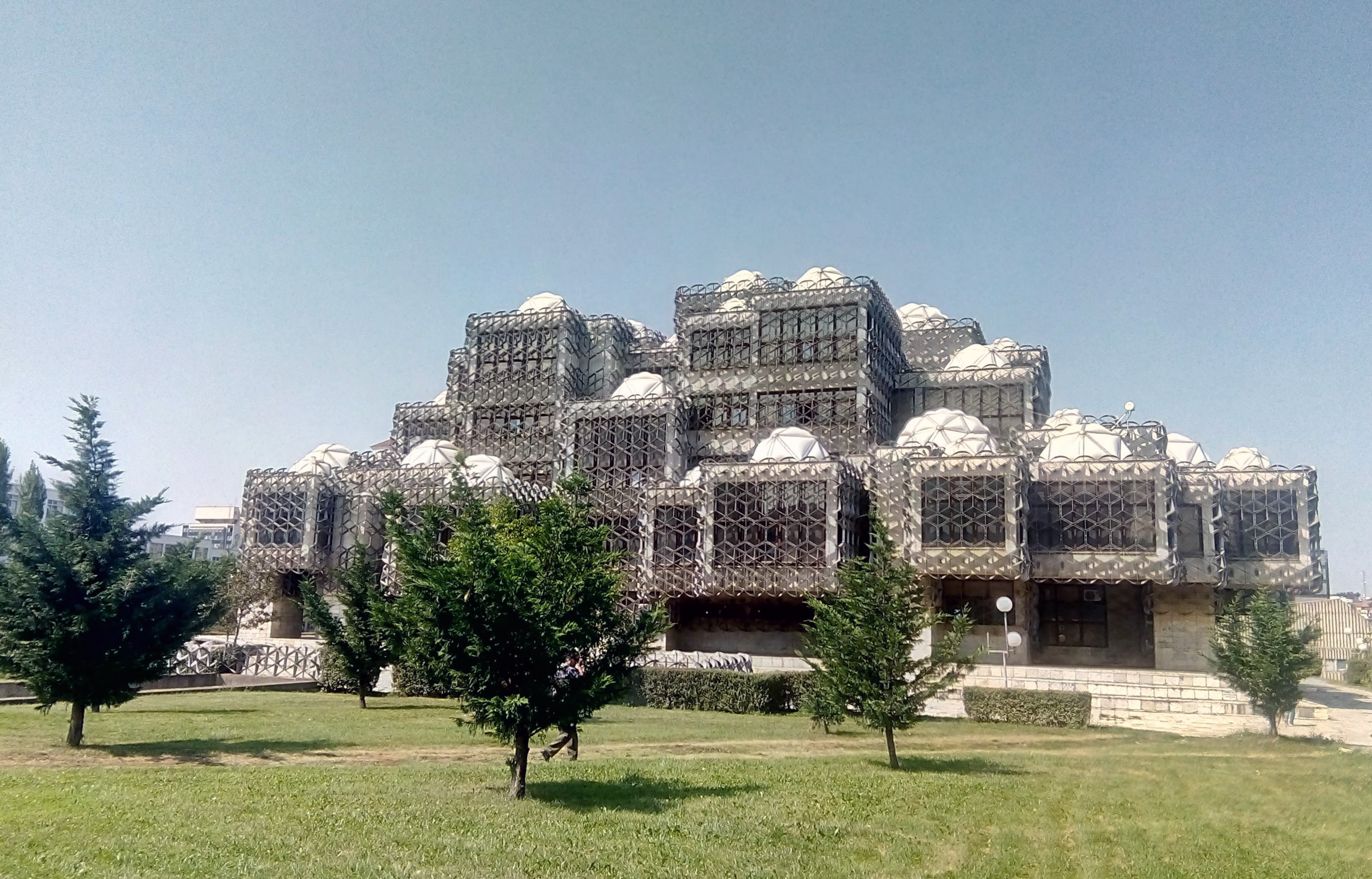People on a pavement in Pristina, the capital of Kosovo, in the background you can see graffiti.
Copyright© Allan Leonard, via flickr, CC BY-NC 2.0
Kosovo
The European Union is supporting Kosovo’s reform efforts through a Stabilisation and Association Agreement with the country. The Agreement stipulates that Kosovo is to emulate EU standards in its governance.
In a report published in 2010, the International Court of Justice in The Hague came to the conclusion that Kosovo’s declaration of independence did not violate international law. Since then, 117 countries, including Germany, have recognised Kosovo as an independent state. However, some countries such as Serbia, Russia and China, as well as five EU member states, have not so far recognised Kosovo’s independence. As a result, the political situation remains unstable, and Kosovo is being held back in its economic development. Further integration into the European Union is also being hampered.
Since 2012, Kosovo and Serbia have been engaged in an EU-facilitated political dialogue aimed at normalising their relations. Since April 2020, Miroslav Lajcak has been acting as the first EU Special Envoy in order to facilitate this dialogue. The aim of the dialogue is to pave the way for a legally binding agreement between the two countries – an agreement that is in accordance with international law and aids regional stability.
German development cooperation with Kosovo
Development cooperation with Kosovo began immediately after the end of NATO's military intervention in 1999. At that time, work focused on emergency aid, especially the supply of water and electricity for the population in general. For some years now, cooperation has focused on sustainable development, in other words projects with a lasting impact. The overarching goals of these projects are improving people's living conditions and helping Kosovo to move closer to EU standards and structures.
At government negotiations in December 2020, the Federal Ministry for Economic Cooperation and Development (BMZ) made a new commitment of 72.1 million euros to Kosovo, of which 59.9 million euros were earmarked for financial cooperation and 12.2 million euros for technical cooperation. In addition to that, Kosovo is also benefiting from numerous regional projects that are being implemented across national borders in the Western Balkans. In 2020 and 2021, Kosovo also received 14.07 million in additional funds to help it cope with the COVID-19 pandemic.
Cooperation between Germany and Kosovo focuses on the following core areas:
- Training and sustainable growth for decent jobs
Areas of intervention: technical and vocational education and training; private sector and financial sector development - Climate and energy, just transition
Areas of intervention: renewable energy and energy efficiency; sustainable urban development
The BMZ also supports activities in the field of good governance. For instance, the Government of Kosovo receives special support for its efforts to completely overhaul the country's legal system and put in place the preconditions required for EU integration.
In 2015, the German centre for jobs, migration and reintegration (DIMAK) was set up in Kosovo. It is a one-stop shop for returnees and anyone hoping to find work opportunities in Kosovo or in Germany.
As at: 11/03/2022
